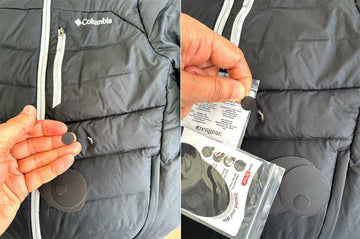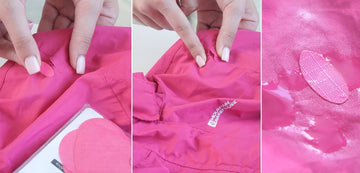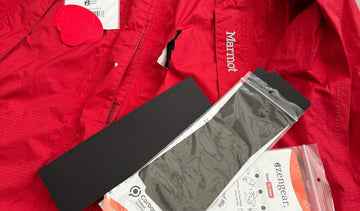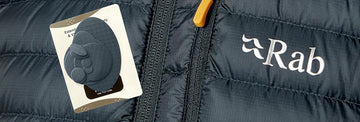When the cold and dark days of winter set in, we all wish we could hibernate. There’s only so much dreariness the average person can take, before it all gets a bit too much.
Hence, most people write off the idea of autumn and winter camping at the very thought of it.
Truth is, autumn and winter camping naturally comes with its own unique challenges. But this does not mean by any stretch of the imagination that it cannot be highly enjoyable.
Far from it, as to head out and about in the autumn and winter months can be uniquely rewarding. Not to mention, perfect for providing a welcome escape from the usual summer camping crowds.
With this in mind, here are five common autumn and winter camping myths, which may have given you entirely the wrong idea about cold-weather camping:
Myth #1: You Need to Carry More Than a Standard Pack Can Hold
First up, it is often assumed that cold-weather camping means carrying more gear than can realistically be crammed into a pack. In reality, this simply isn’t the case at all. Today’s outdoor equipment market is packed with ultra-lightweight and super-compact gear that’s designed specifically for use in cold weather. There are sleeping bags available that weigh little more than 1.5kg and yet are suitable for temperatures as low as -18° C. Even with the smallest of packs, you’ll get in more than enough to keep you warm and cosy.
Myth #2: Staying Warm at Night is Practically Impossible
This particular myth stems from the fact that many (if not most) campers place too heavy emphasis on their sleeping bag and clothes, while failing to take into account the freezing-cold ground below. The single most important thing you can take along for the ride on a cold-weather camping trip is a good sleeping pad. This will provide you with the insulation you need from the ground below to keep you warm and cosy, however cold it gets outdoors.
Myth #3: Starting a Campfire is Too Much Hard Work
Whether or not this is the case depends entirely on your own personal perspective. Yes, starting a fire with a flint and steel in the colder months of the year takes longer than starting a fire with a blowtorch in summer. But if you’re the type that gains genuine satisfaction out of crafting your way to a warm and cosy fire, this is far from a bad thing. Cold-weather camping is a challenge, but it is supposed to be a challenge. If you’re expecting an easy ride, you’re in it for all the wrong reasons.
Product Spotlight:
Ferro Rod Fire Starter with Fluorescent Paracord
- DURABLE FLINT FIRE STARTER - 65mm (2.55in) long and 9mm (0.35in) diameter magnesium ferro rod, made from a high-quality pyrophoric alloy containing iron, magnesium, cerium and lanthanum. It can produce up to 10,000 strikes with sparks at around 3,000 degrees Celsius. Ideal for campfires, fireplaces, barbecues, bushcraft, camping or as an emergency outdoor accessory.
- ERGONOMIC GRIP HANDLE & STRIKER - designed and tested to make it as comfortable as possible to have a firm grip and easy to start a fire in any weather (even in extreme cold rainy weather) and at any altitude by men or women.
- FLUORESCENT PARACORD makes this ferro rod a perfect gadget for any outdoor adventure. The striker and rod are tied together with a fluorescent paracord lanyard to make it easy to find in the dark and prevent separation as well as make it compact enough to fit in a pocket or backpack. It is waterproof, long-lasting, portable and safe for travel.
Myth #4: Cold-Weather Camping is Bad For Your Health
Not at all, just as long as you look after yourself, and take along the appropriate provisions. Staying safe and healthy when out and about in the wild means eating well and staying hydrated and warm. It also means treating yourself to essential extras like compression socks, which will both keep you warm and support your muscles on harder days on the trail. Cold-weather camping is only hazardous to your health when you fail to take proper care of yourself.
Myth #5: Camping in the Warmer Months Simply Makes More Sense
Last up, this myth is rooted in the plain and simple fact that camping during the warmer months of the year is easier. But does this necessarily make it ‘better’ than cold-weather camping? Not at all. In the autumn and winter, the summer crowds have gone, there are fewer bugs to ruin your trip, and you’ll have almost every trail to yourself. You will also return home with a truly unrivalled sense of satisfaction, having accomplished something most people would not even think about attempting.






